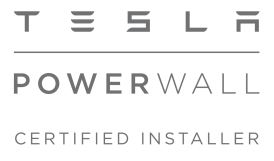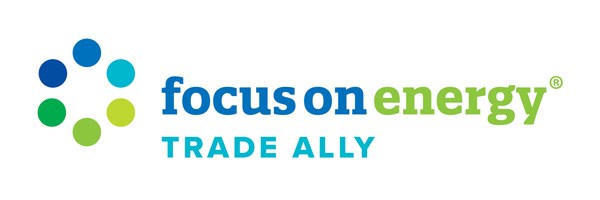There are many reasons why homeowners go solar, but improving the environment and cutting energy costs are the most common. Many people are aware that solar is a great home efficiency upgrade and are eager to reduce their carbon footprint while also improving property value.
Whether you’re a homeowner, business, or nonprofit, electricity costs can make up a large portion of your monthly expenses. With a solar panel system, you’ll generate free power for your system’s entire 25+ year lifecycle. Even if you don’t produce 100 percent of the energy you consume, solar will reduce your utility bills and you’ll still save a lot of money.
Solar panels aren’t an expense, they’re one of the best ways to invest, with returns rivaling those of more traditional investments like stocks and bonds. Thanks to substantial electricity bill savings, the average American homeowner pays off their solar panel system in seven to eight years and sees an ROI of 20 percent or more.
One of the most clear cut benefits of solar panels is the ability to hedge utility prices. In the past ten years, residential electricity prices have gone up by an average of three percent annually. By investing in a solar energy system now, you can fix your electricity rate and protect against unpredictable increases in electricity costs. If you’re a business or homeowner with fluctuating cash flow, going solar also helps you better forecast and manage your expenses.
Multiple studies have found that homes equipped with solar energy systems have higher property values and sell more quickly than non-solar homes. Appraisers are increasingly taking solar installations into consideration as they value homes at the time of a sale, and as homebuyers become more educated about solar, the demand for properties equipped with solar panel systems will continue to grow.
Solar is a great way to reduce your carbon footprint. Buildings are responsible for 38 percent of all carbon emissions in the U.S., and going solar can significantly decrease that number. A typical residential solar system will eliminate three to four tons of carbon emissions each year, the equivalent of planting over 100 trees annually.
Companies are quickly realizing the social and economic benefits of adopting solar power. As early adopters pull ahead of the competition, many companies are exploring solar power as a way to keep up.













